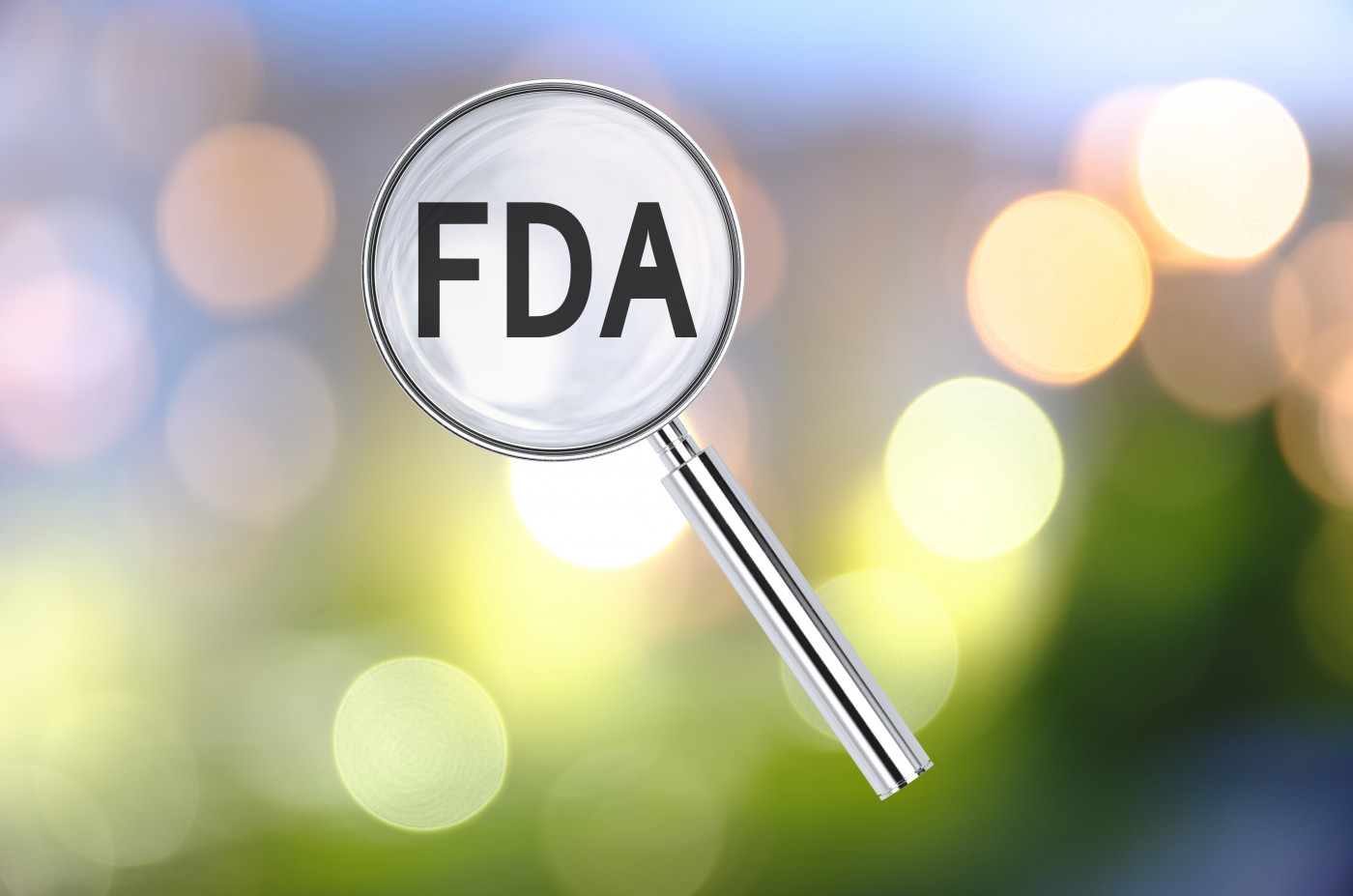FDA Rejects Expansion of Aubagio for Pediatric MS
Written by |

The U.S. Food and Drug Administration (FDA) has rejected an application requesting the expansion of Aubagio (teriflunomide) for the treatment of children and adolescents, ages 10 to 17, with relapsing forms of multiple sclerosis (MS).
“The FDA deemed the data submitted were not sufficient to obtain approval of an indication in the pediatric population at this time,” Sanofi, the therapy’s developer, said in a press release.
The FDA has updated the Aubagio label to include additional safety information based on data from clinical studies in pediatric MS, but its indicated use (limited to patients ages 18 and older) remains unchanged.
Sanofi also is seeking a similar label expansion in the European Union (EU). An advisory committee from the European Medicines Agency recently recommended updating the European approval of Aubagio to cover children and adults, ages 10 and up. This recommendation included a new dosage for the medication (as a 7 mg tablet).
The European Commission, which will make a final decision, usually follows recommendations from the committee.
Aubagio is an oral therapy that is approved in more than 80 countries as a treatment for relapsing forms of MS. It first was approved in the U.S. in 2012, and in the EU the following year. The medication works by blocking the growth and activity of inflammatory immune cells that drive the development and progression of MS.
Sanofi is sponsoring an ongoing Phase 3 clinical trial, called TERIKIDS (NCT02201108), to evaluate the safety and efficacy of Aubagio in children and adolescents with relapsing MS, ages 10 to 17. Participants in the trial are being given either Aubagio — at a dose equivalent to 7 mg in adults during the first eight weeks, followed by 14 mg — or a placebo for about two years.
After completing this treatment period, patients had the option to enter an open-label extension study, where all would receive Aubagio for an additional two years.
Interim results from the trial, reported last year, indicated the therapy reduced the risk of relapses and disability progression, relative to placebo, but the difference was not statistically significant.
However, patients who started on Aubagio in the main study and kept receiving it in the extension part had significantly fewer brain lesions on MRI scans than those originally assigned to a placebo.
Currently, Gilenya (fingolimod, marketed by Novartis) is the only therapy that is approved for use in children ages 10 and older with relapsing forms of MS, both in the U.S. and in the EU.


